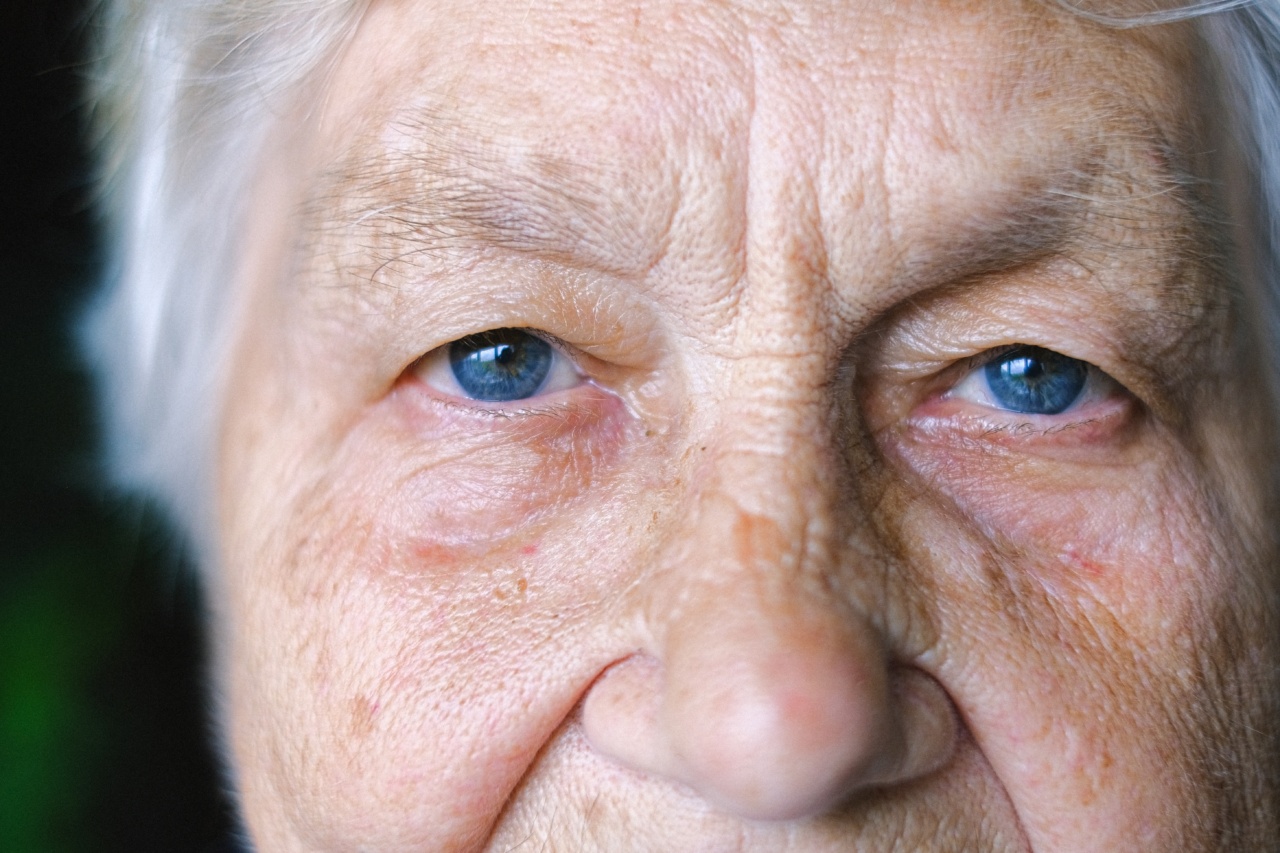As we age, it is important to prioritize getting enough sleep to maintain our health and vitality. Quality sleep plays a significant role in slowing down the aging process and keeping us looking and feeling younger.
With today’s fast-paced lifestyles, many individuals often sacrifice sleep to keep up with their demanding schedules. However, this can have detrimental effects on our overall well-being, both physically and mentally. In this article, we will explore the reasons why getting more shut-eye can help us age slower and the various benefits it brings.
1. Sleep and Skin Health
Adequate sleep is essential for maintaining healthy skin. During sleep, our body repairs and rejuvenates cells, including skin cells. Lack of sleep can lead to increased signs of aging such as fine lines, wrinkles, and age spots.
Furthermore, it can cause dullness, dryness, and a lackluster complexion.
2. Sleep Supports Cognitive Function
Getting enough sleep is crucial for optimal brain function. During deep sleep, our brains consolidate memories and process information from the day.
Chronic sleep deprivation can impair cognitive functions such as attention, decision-making, and problem-solving. By prioritizing sleep, we can enhance our brain’s abilities and maintain mental sharpness.
3. Sleep and Weight Management
Studies have shown a strong link between sleep duration and weight. Lack of sleep affects the hormones ghrelin and leptin, which regulate hunger and satiety.
When we don’t get enough sleep, ghrelin levels increase, stimulating appetite, while leptin levels decrease, reducing feelings of fullness. This can lead to overeating and weight gain over time. By ensuring adequate sleep, we can help maintain a healthy weight and prevent age-related weight gain.
4. Sleep Boosts Immune System
During sleep, our immune system releases proteins called cytokines that help fight off infection and inflammation. Sleep deprivation can weaken the immune system, making us more susceptible to illness and infections.
On the other hand, a good night’s sleep can improve immune function, ensuring our bodies have the necessary defenses to combat pathogens and diseases.
5. Sleep Enhances Mood and Mental Well-being
Getting enough sleep can significantly impact our mood and overall mental well-being. Sleep deprivation has been linked to an increased risk of developing mood disorders such as depression and anxiety.
It can also contribute to irritability, mood swings, and reduced stress tolerance. Prioritizing sleep can help improve mood, reduce stress levels, and enhance emotional resilience.
6. Sleep and Heart Health
Poor sleep quality and insufficient sleep duration have been associated with an increased risk of developing cardiovascular diseases.
Sleep deprivation raises blood pressure, increases inflammation, and affects cholesterol levels, all of which can contribute to heart problems. By prioritizing sleep, we can minimize these risks and maintain a healthy heart.
7. Sleep Promotes Hormonal Balance
Quality sleep plays a vital role in regulating hormonal systems within our bodies. Lack of sleep can disrupt the balance of hormones, including those responsible for growth and development, metabolism, and reproductive health.
Adequate sleep supports hormone secretion, ensuring proper physiological functions and slowing down age-related hormonal imbalances.
8. Sleep and Longevity
Studies have consistently shown a correlation between adequate sleep and increased longevity. By prioritizing sleep and getting the recommended seven to eight hours per night, we can potentially extend our lifespan and age gracefully.
9. Tips for Improved Sleep
While recognizing the importance of quality sleep, it is essential to adopt healthy sleep habits to optimize its benefits. Here are some tips for improved sleep:.
- Stick to a consistent sleep schedule by going to bed and waking up at the same time every day, even on weekends.
- Create a relaxing bedtime routine to signal your body that it’s time to wind down. This could include activities such as reading a book, taking a warm bath, or practicing relaxation techniques.
- Avoid electronic devices, caffeine, and stimulating activities close to bedtime as they can interfere with your ability to fall asleep.
- Create a comfortable sleep environment with a supportive mattress, cozy blankets, and a cool temperature.
- Exercise regularly but avoid vigorous workouts close to bedtime, as they can energize your body and make it difficult to fall asleep.
- Avoid large meals and excessive fluid intake before bedtime to prevent discomfort and frequent trips to the bathroom during the night.
10. Conclusion
Getting enough quality sleep is crucial for healthy aging. It influences various aspects of our well-being, including skin health, cognitive function, weight management, immune system function, mood, heart health, hormonal balance, and longevity.
By prioritizing sleep and adopting healthy sleep habits, we can effectively slow down the aging process and enjoy a healthier, more vibrant life.































